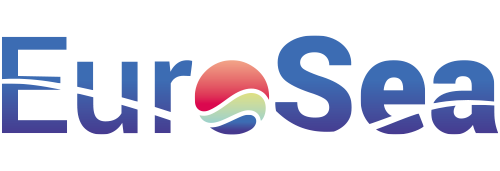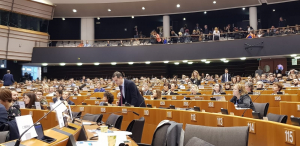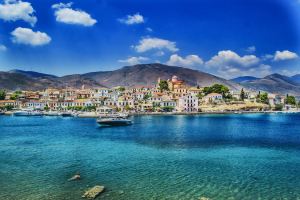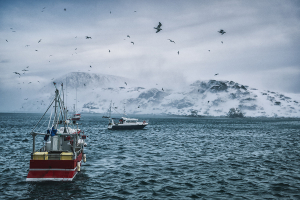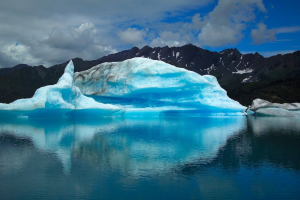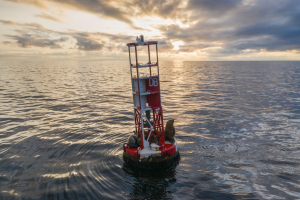Policy and decision-making
Deliverable 8.3 and associated work, detailing lessons learned from the science-policy interface, aiming to bridge the gap between scientific research in ocean observing and policy decisions
The science-policy interface plays a critical role in translating complex scientific research into actionable policies that can be practically implemented. However, this interface is historically fraught with challenges, including communication gaps, misunderstandings of scientific complexity, and varying priorities. Deliverable 8.3 addresses these challenges, providing insights and best practices on bridging this gap in the context of ocean observing and forecasting.
Sea Level Advice Product (SLADE) for the Mediterranean Sea tailored towards mitigating sea level rise impacts
Sea level rise (SLR) poses an existential threat to coastal communities, ecosystems, and economies around the world. For areas like the Mediterranean Sea, which is surrounded by countries with extensive coastal infrastructure, tourism, and heritage sites, managing and mitigating SLR is crucial. The Sea Level Advice Product (SLADE) is an advanced tool designed to provide actionable insights and data regarding SLR in the Mediterranean region.
End-to-end observational system for aquaculture ready to demonstrate
To assist aquaculture operators, this service aims to measure and forecast Extreme Marine Events. Extreme events (e.g., sudden temperature shifts and waves) can lead to adverse working conditions at sea and significant production losses. Timely forecasts of extreme marine events and predictions of the probability of marine heat waves, deoxygenation events, or extreme wave events occurring can help the aquaculture industry make sound management decisions. The protection of juvenile fish, early harvest of adult fish, and the timely protection or removal of equipment and installations – are all supported by forecasts of the ocean temperature, pH, turbidity, and water current speed and direction. The system's bespoke buoy set-up, coupled with advanced modelling capabilities, offers targeted forecasts of extreme marine events, providing aquaculture operators with an early warning mechanism and actionable insights.
Ocean Climate indicators for monitoring and forecasting in the Atlantic Ocean and the Mediterranean Sea, complemented by innovative decision-making tools
Ocean Climate Indicators (OCIs) are crucial in understanding and predicting changes in the marine environment. They provide valuable data that can be used to track alterations in oceanic conditions, allowing for better decision-making in areas such as fisheries management, conservation, and disaster preparedness. The development of such indicators for specific regions, like the Atlantic Ocean and the Mediterranean Sea, is essential for tailored strategies and policies.
Assessment of the benefits of the BOOS-HELCOM integrated system and recommendations for transferring this to other sea areas (D6.6)
The convergence of the BOOS-HELCOM systems represents a significant evolution in marine information frameworks, particularly within the Baltic region. By melding the capabilities of both systems, there emerges a richer, more detailed conduit for marine data, specifically curated for the nuanced needs of policy makers. Furthermore, the process and insights from this integration have the potential to guide similar endeavours in other marine ecosystems, furthering the global understanding and management of our oceans.
